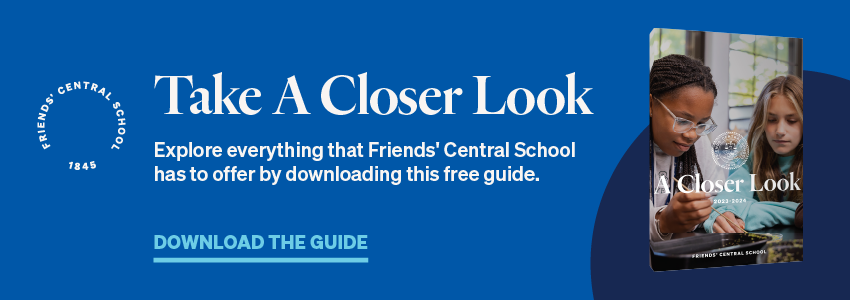 In January and February, a number of colleges contact high school college counselors with headings such as “Scholarships still available at ____ University” or “We’ve extended our deadline!” In fact, I’ve received some in the last few days.
In January and February, a number of colleges contact high school college counselors with headings such as “Scholarships still available at ____ University” or “We’ve extended our deadline!” In fact, I’ve received some in the last few days. The colleges and universities generating these notices are great places, often ones our students have attended over the years.
It’s not that they can’t fill seats. They’re hoping to attract well-qualified applicants who may have gotten a late start on the application process or Those Who Have been disappointed in the fall early-decision and early-action rounds.
There are more than 2,400 four-year colleges and universities in the United States. And although a few are now charging over $60,000 a year, the fierce competition among them does exert pressure on prices.
The name recognition and deep pockets of the most exclusive institutions insulate them, to some degree, from market forces. They were there first and enjoy a monopoly of sorts. Outside this relative handful, however, colleges actively vie with each other for the better students in the pool, independent of the students’ ability to pay.
Free Downloadable Guide: Take a Closer Look at Friends' Central School
The hundreds of private colleges scattered across the country have an appealing product to sell. Predominantly and often exclusively undergraduate institutions, their classes are smaller and usually taught by professors rather than graduate students or adjuncts. The absence of advanced-degree programs creates opportunities for undergraduates to work with their professors more closely. Students with a variety of extracurricular interests often find room to pursue them without the expectation that they be standouts in each area.
Many of these colleges offer merit aid to applicants who have taken challenging courses in high school, earned strong grades, and scored well on the SAT or ACT. These tuition discounts can range from a small fraction of the tuition to so-called “full rides,” covering full tuition, room, and board. Their purpose is to increase the likelihood that the recipients will enroll.
Responding to the attractions of the small-college model, public universities have created “honors colleges.” They attempt to provide the best of both worlds — the resources of a Larger university and the personal touch of a smaller College.
Some honors programs consist primarily of a set of courses open only to eligible students. Others come with all the bells and whistles — early class registration privileges, separate dormitories, designated faculty advisors, special academic and social programs, and even funded travel.
Some private colleges use both discounting and special programs to woo students. Since state universities already charge significantly less, at least for in-state attendees, than their private counterparts, they are much less likely to discount their prices further.
Competition is alive and well in higher education. Excellent alternatives to the most expensive colleges and universities are available at about half the cost, sometimes less. Expensive private institutions design their aid packages with the costs of those mostly public institutions in mind. And for the vast majority of students, the route to the most affordable college degree programs runs straight through the high school classroom. The most important piece of the applicant’s package remains the academic record.
Grant Calder, Co-Director of College Counseling
Friends' Central School



